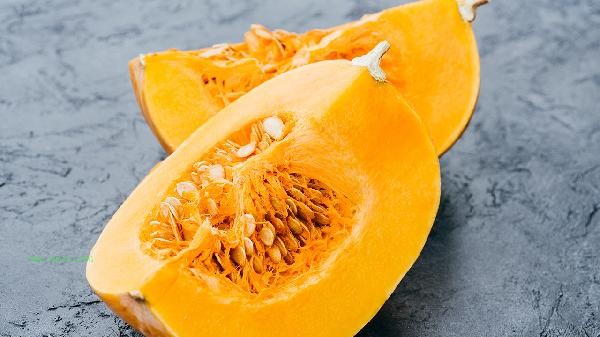Breast fat loss can be improved by adjusting dietary structure, including increasing intake of high-quality protein, supplementing healthy fats, consuming plant estrogens, ensuring sufficient vitamins and minerals, and avoiding extreme dieting.

1. High quality protein:
Daily intake of sufficient amounts of high-quality protein such as dairy products, fish, soy products, etc. Protein is the basic substance that constitutes breast tissue. Foods such as chicken breast, salmon, and Greek yogurt can provide casein and whey protein, promoting the repair of breast connective tissue. Arrange at least 3 times a week for intake of deep-sea fish, which are rich in omega-3 fatty acids that help maintain hormone balance.
2. Healthy fats:
Moderate intake of unsaturated fatty acids such as nuts, olive oil, avocados, etc. Almonds and walnuts contain linolenic acid that can regulate estrogen levels, while the monounsaturated fatty acids in extra virgin olive oil can promote the absorption of fat soluble vitamins. It is recommended to consume 15-20 grams of original nuts daily to avoid damaging their nutritional content through high-temperature frying.
3. Phytoestrogens:

Eat foods rich in phytoestrogens such as soybeans, flaxseeds, and sesame seeds. Soybean products such as soybean milk and natto contain soybean isoflavones, which can combine with estrogen receptor to play a two-way regulatory role. Flaxseed powder can be added to oats or salads, with a daily intake of about 20 grams to achieve the goal of supplementing lignin.
4. Micronutrients:
focuses on supplementing vitamin E, B vitamins, and zinc elements. Wheat germ and sunflower seeds are rich in vitamin E, which can improve breast skin elasticity; Oysters and pumpkin seeds provide zinc elements that participate in hormone synthesis; The B vitamins in whole grains and green leafy vegetables help with protein metabolism and utilization.
5. Dietary taboos:
Strictly control rapid weight loss behavior, and daily calorie intake should not be lower than basal metabolic requirements. Avoid excessive consumption of caffeinated beverages such as coffee and strong tea, and reduce intake of refined sugars and trans fats. Long term extremely low-fat diet can lead to a deficiency of essential fatty acids, affecting chest fat reserves.

It is recommended to combine chest strength training such as push ups, dumbbell flying birds, etc. to enhance the support of the pectoralis major muscles, and ensure 7 hours of sleep per day to promote growth hormone secretion. Choose appropriate underwear to avoid compression, and use alternating hot and cold water to stimulate blood circulation during bathing. People with significant weight fluctuations need to gradually adjust their diet, as sudden weight loss can lead to rapid loss of chest fat. breastfeeding women should consult a professional nutritionist to develop personalized plans, while menopausal women can supplement with targeted nutrients after testing hormone levels.




Comments (0)
Leave a Comment
No comments yet
Be the first to share your thoughts!